Have you ever thought about traveling alone but felt nervous or unsure? You’re not alone. Many people dream of solo travel but hold back because of fear, uncertainty, or simply not knowing where to start. The idea of exploring a new place on your own can feel overwhelming, especially if it’s your first time. But here’s the truth—solo travel can be one of the most empowering and rewarding experiences of your life.
Solo travel gives you the freedom to move at your own pace, discover new passions, and connect deeply with yourself and the world around you. It teaches you independence, builds confidence, and opens up a side of life you may never experience when traveling with others. Yes, it requires some planning and a little courage, but once you step out, you’ll find the world isn’t as scary as it may seem.
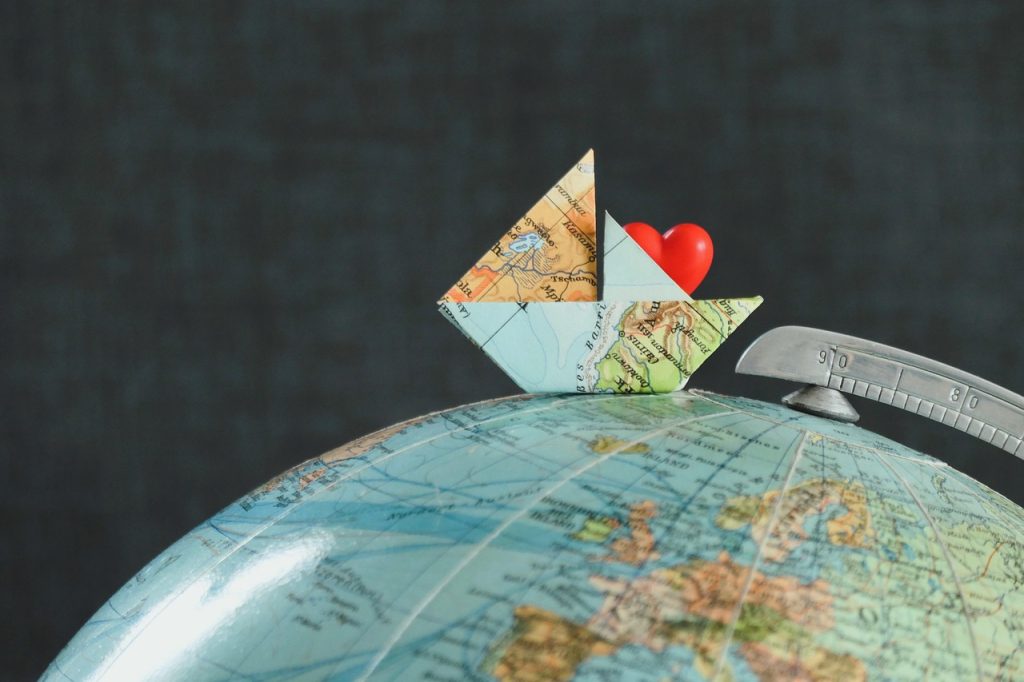
In this blog post, we’ll walk through practical and inspiring tips that will help you travel solo with confidence. Whether you’re planning a weekend getaway or a long adventure, these tips will help you feel prepared, safe, and excited. Let’s dive in.
1. Start with a Safe and Solo-Friendly Destination
When you’re new to solo travel, the destination you choose can make a huge difference. Some countries and cities are more welcoming and easier to navigate for solo travelers. Look for places with good transport systems, low crime rates, and friendly locals. Countries like Japan, Portugal, New Zealand, Canada, and Thailand are often recommended for solo explorers.
Research the culture, safety tips, and common tourist experiences in your chosen location. Reading blogs, reviews, and travel forums can help you get a feel of what to expect. Starting with a solo-friendly destination builds your confidence and helps you enjoy the journey without too much worry.
2. Do Your Homework Before You Go
Preparation is key to traveling confidently alone. Before you step out of your home, take time to plan and research. Know the basics of your destination—where you’ll stay, how to get around, local customs, safety tips, and emergency contacts. Download maps that work offline, learn a few local phrases, and understand the currency exchange if needed.
Having this knowledge gives you peace of mind and helps you avoid surprises. The more you know, the more secure you’ll feel when you land, and the smoother your experience will be.
3. Pack Smart and Light
When you travel solo, it’s important to pack light. You’re the only one responsible for carrying your luggage, and too much weight can slow you down and stress you out. Choose clothes that are versatile and easy to mix and match. Bring only what you need and leave space for essentials like a small first aid kit, a reusable water bottle, a power bank, and travel-sized toiletries.
Packing smart means thinking ahead and bringing things that serve more than one purpose. Use packing cubes to stay organized, and always keep your important items—passport, money, phone, and ID—somewhere safe and accessible.
4. Stay Connected, But Present
Staying connected to loved ones while you travel is important for safety and peace of mind. Share your itinerary with someone you trust, and check in regularly. Use apps like WhatsApp, Google Maps, and location-sharing features to let people know where you are.
At the same time, don’t let your phone be a distraction. Solo travel is a time to be present, observe, and enjoy your surroundings. Set healthy limits for screen time and allow yourself to truly engage with the moment. The memories you create this way will last much longer than any social media post.
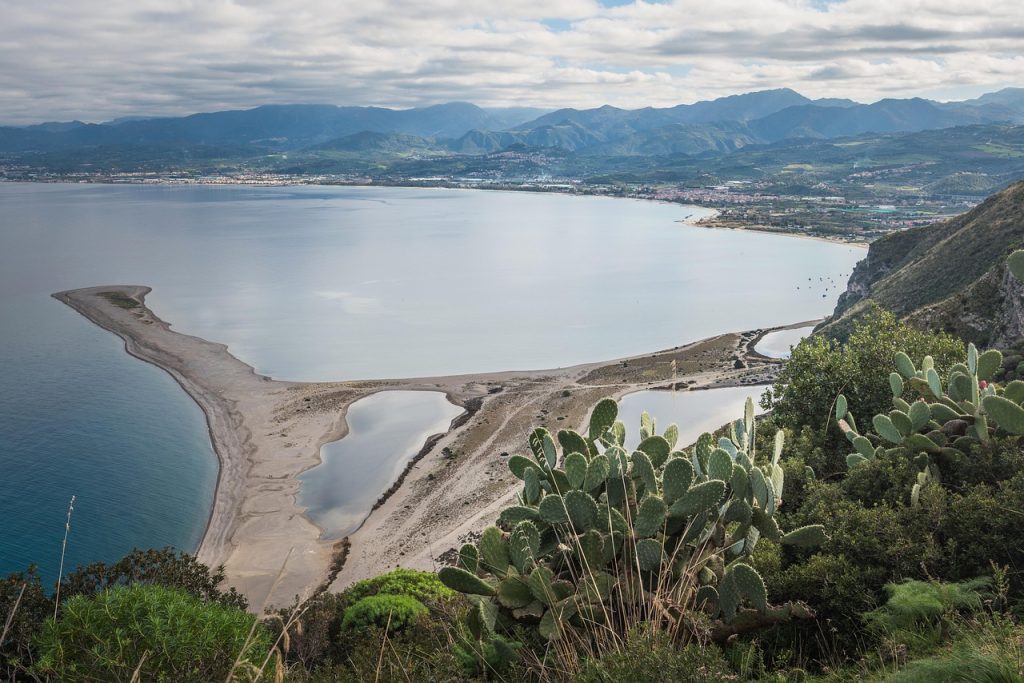
5. Choose the Right Accommodation
Your accommodation can affect how safe and comfortable you feel while traveling alone. Choose a place with good reviews, preferably in central or well-lit areas. Many solo travelers prefer hostels, guesthouses, or boutique hotels that offer a friendly, social atmosphere. These places often host community events or tours that help you meet other travelers.
If you’re more private, a quiet Airbnb or hotel with 24-hour reception might be better. What matters most is feeling secure and at ease. Don’t be afraid to contact the host or staff with questions before booking.
6. Trust Your Instincts
Your gut feeling is one of your best tools when traveling alone. If something doesn’t feel right—whether it’s a place, a person, or a situation—don’t ignore that inner voice. Walk away, say no, or change plans. You don’t owe anyone an explanation for putting your safety and comfort first.
Solo travel teaches you to listen to yourself more closely. It’s okay to be cautious. Confidence comes from trusting your instincts and knowing you’re capable of handling unexpected situations.
7. Be Open, but Cautious with Strangers
Meeting new people is one of the joys of solo travel. You’ll find yourself talking to locals, other travelers, and kind strangers in ways you might never do at home. Be open to these interactions—they can lead to friendships, helpful tips, and unforgettable stories.
At the same time, keep your guard up just enough. Don’t share too much personal information too soon. Avoid telling people where you’re staying or that you’re traveling alone until you trust them. A friendly smile and polite conversation can go a long way without compromising your safety.
8. Blend In and Respect Local Culture
Standing out as a tourist can make you a target for scams or unwanted attention. Try to dress modestly and appropriately for the culture you’re visiting. Observe how locals behave, speak, and interact, then try to blend in as best as you can.
Respecting the local culture earns you more respect in return. Learn a few basic words in the local language—like “hello,” “please,” and “thank you.” Be mindful of customs, especially around food, religion, and social behavior. When you show respect, people are more likely to help and welcome you.
9. Stay Aware of Your Surroundings
Confidence comes from awareness. Pay attention to where you are, what’s happening around you, and how you feel. Avoid walking with headphones in unfamiliar or isolated areas. Keep an eye on your belongings in crowded places. Don’t flash expensive gadgets or money in public.
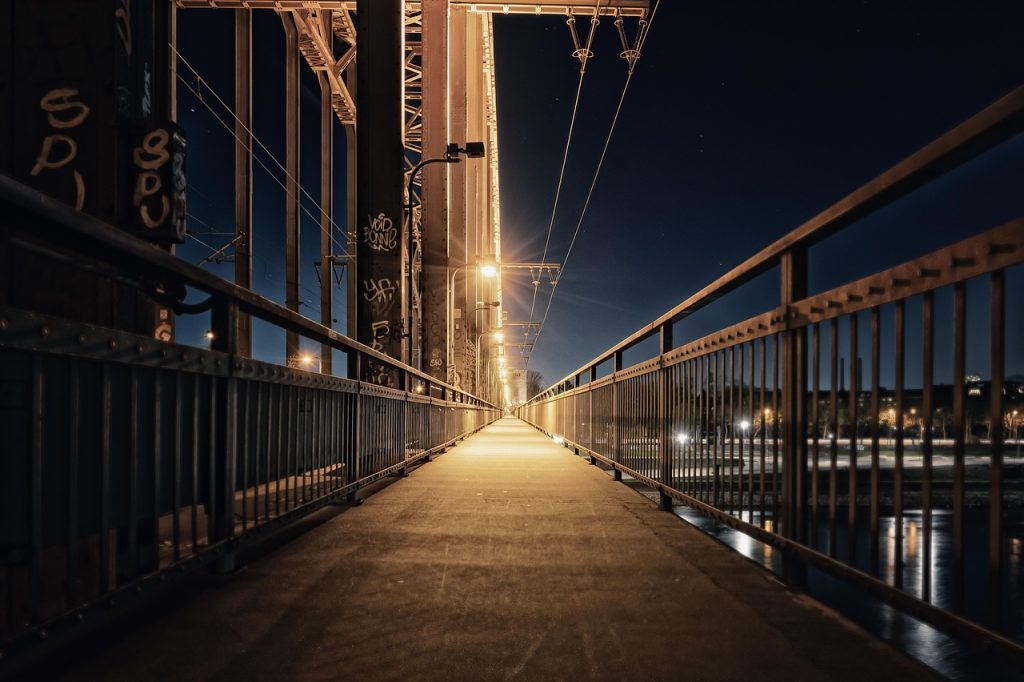
By staying alert and aware, you reduce risks and feel more in control. This doesn’t mean being paranoid—it just means being mindful and smart about your choices.
10. Eat Alone Without Feeling Awkward
One of the common fears of solo travel is dining alone. It might feel strange at first, but it’s actually a great opportunity to enjoy your meal, reflect, or people-watch. Choose a cozy café or a restaurant with a view. Bring a book, a journal, or simply sit and enjoy the moment.
Eating alone can be empowering. It teaches you to enjoy your own company and appreciate your surroundings without needing someone beside you. Over time, you may even start to prefer it.
11. Take Photos and Keep a Travel Journal
Documenting your journey is a beautiful way to capture memories and reflect on your growth. Take photos, but don’t worry about making them perfect—capture what makes you smile. A small journal or travel app can help you write down thoughts, experiences, or even challenges.Looking back on these memories will remind you how far you’ve come. It’s also a great way to inspire others and remember the small but powerful moments from your trip.
12. Try Something New
Solo travel gives you the freedom to step outside your comfort zone. Try a new activity—like a cooking class, hiking trail, or art tour. Say yes to a local festival, or taste a dish you’ve never heard of. These experiences are often the highlights of your journey.
When you do something new on your own, it boosts your confidence and creates unforgettable memories. You begin to trust yourself more, and that feeling stays with you long after the trip ends.
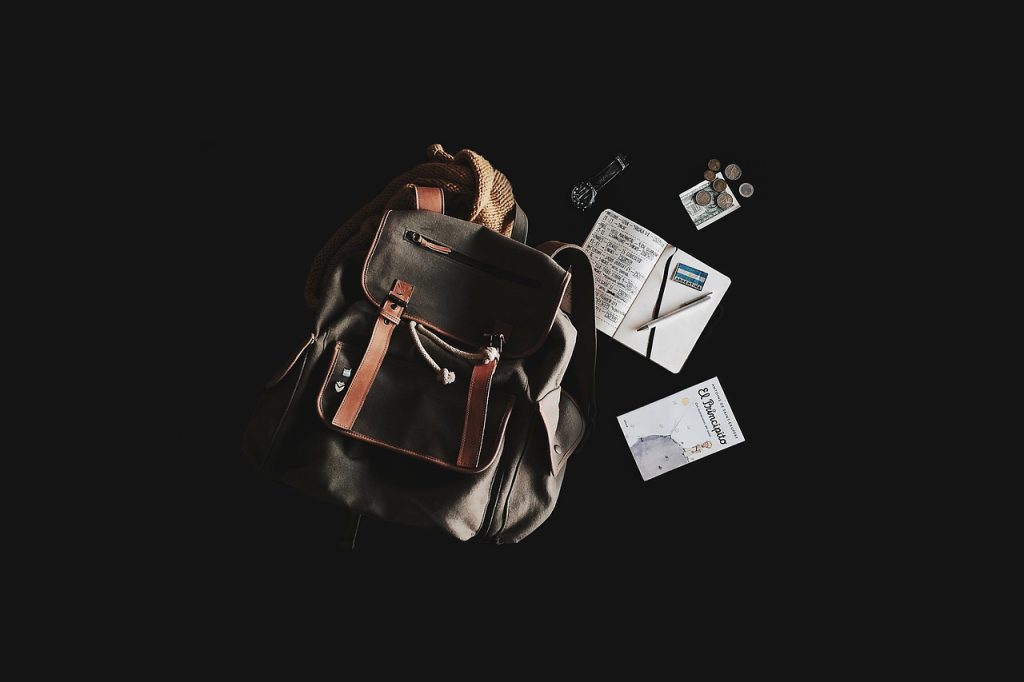
13. Budget Wisely
Managing money well is important when traveling alone. Without a travel partner to split costs, you need to plan your budget carefully. List your expected expenses—like transport, accommodation, meals, and tours—and add a little extra for emergencies or surprises.
Use travel apps to track spending, and keep your money in more than one place (some cash, some card). Having financial control gives you peace of mind and allows you to focus more on the experience rather than worrying about costs.
14. Give Yourself Time to Rest
Don’t feel pressured to do everything in one day. Solo travel isn’t a race—it’s a journey. Take breaks when you need to. Sleep in, sit in a park, read a book, or have a slow day. Rest is part of the adventure.
Being alone allows you to listen to your body and mind. Giving yourself permission to rest helps you enjoy each moment more fully and avoid burnout. Self-care is part of traveling well.
15. Celebrate Your Courage
Traveling alone takes courage. Whether you’re doing it for fun, self-growth, or a fresh start, be proud of yourself. Not everyone dares to explore the world on their own. Each small step—from booking your ticket to navigating a new city—is proof of your strength.
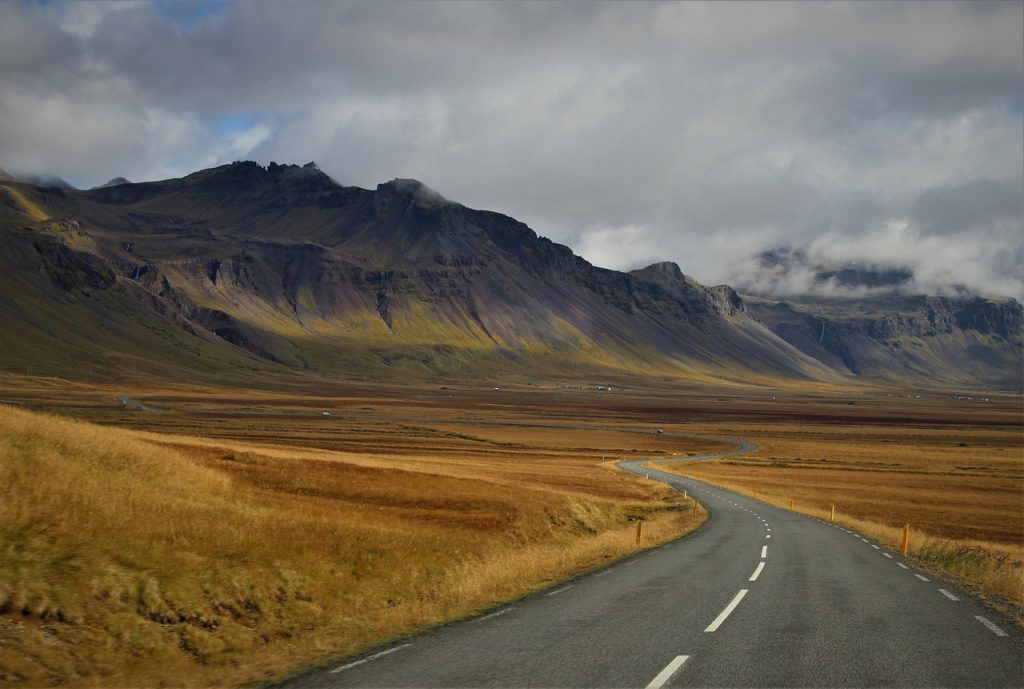
Take time to celebrate your wins. Reflect on what you’ve learned, who you’ve become, and how much more confident you feel. Solo travel isn’t just about the places you visit—it’s about the person you become.
Conclusion
Solo travel is more than just a trip—it’s a journey into self-discovery, independence, and joy. It allows you to break free from routines, explore at your own pace, and build a stronger connection with yourself and the world. While the idea of traveling alone may seem scary at first, the truth is, with the right mindset and preparation, you’ll feel stronger and more confident than ever.
You don’t have to wait for the perfect moment or a travel companion to see the world. You are capable. You are brave. And you are ready. The world is waiting—go explore it, one solo step at a time.
